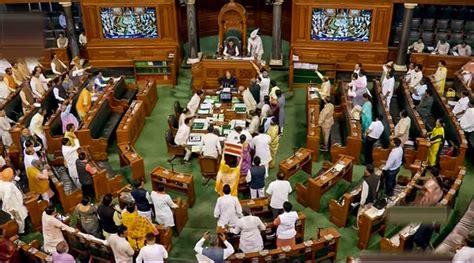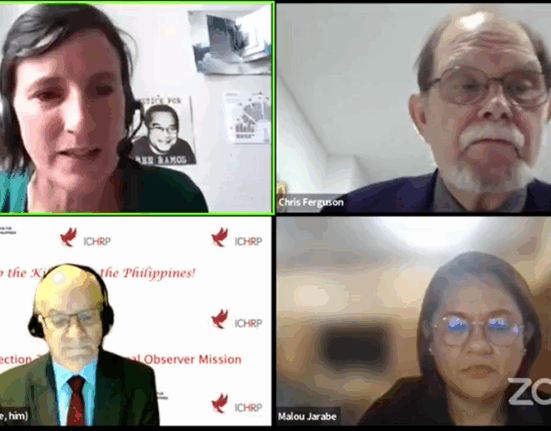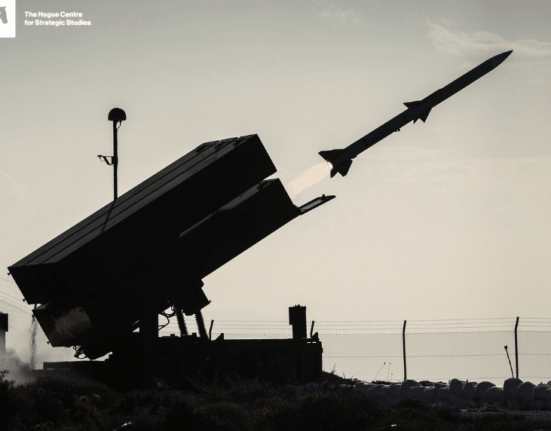Almost 1,000 Palestinian and Israeli nationals have been offered temporary humanitarian visas in Australia since last October. This comes as a glimmer of hope amidst the ongoing Israel-Hamas conflict.
The introduction of a new pathway in October 2024 aimed to assist over 1,300 Palestinians already in Australia on visitor visas. While these individuals can now access social benefits, working rights, and other essential services through the three-year humanitarian visa, it does not provide them with permanent protection.
### New Hope for Displaced Families
Advocates have praised this initiative for its two-stage process but continue to urge for more permanent solutions. The recent data obtained by Guardian Australia reveals that 995 Palestinian and Israeli nationals have been granted this temporary visa by the home affairs department.
Among them, more than 210 received the subclass 449 visa, which offers social payments, work permits, study opportunities, settlement programs, including English classes. Additionally, sixty-six others were granted the subclass 786 visa allowing access to essential healthcare services through Medicare.
### Expert Insights
Tony Burke, the home affairs minister, likened this pathway to one provided to Ukrainians amid Russia’s invasion in 2022. He emphasized after stringent security checks; they are extending humanitarian support to those affected by the Gaza conflict.
Sarah Dale from the Refugee Advice and Casework Service (Racs) stressed the urgent need for permanent protection considering the distressing conditions in Gaza. She highlighted that acknowledging these protection needs is crucial for upholding human rights standards.
### Longing for Permanent Solutions
Despite providing immediate relief through temporary visas, concerns linger about the absence of pathways towards permanent residency. The department confirmed that applicants under this scheme are ineligible for applying for permanent protection visas simultaneously.
David Shoebridge from The Greens raised concerns about the slow progress and advocated for an overhaul of visa rules during international crises. He called for a more systematic policy framework to prevent delays influenced by political factors.
### Fragile Ceasefire
As a hopeful ceasefire between Israeli and Hamas forces unfolds in Gaza—a region devastated by decades-long conflicts—the future remains uncertain yet cautiously optimistic.
In light of recent peace efforts announced by Qatar’s prime minister involving phased agreements like prisoner swaps—a sense of cautious optimism hovers over war-torn territories.
Anthony Albanese expressed hope regarding the ceasefire’s longevity while emphasizing priorities like releasing hostages and ensuring aid reaches civilians unimpededly.
Throughout all these diplomatic maneuvers lies a stark reality—homes destroyed or damaged beyond repair (UN estimates indicate nine out of ten homes), schools reduced to rubble (almost every school building), posing grave challenges to rebuilding shattered lives post-conflict.
This delicate balance between fragile peace initiatives and urgent humanitarian needs underscores Australia’s commitment towards offering solace during times of global unrest.









Leave feedback about this